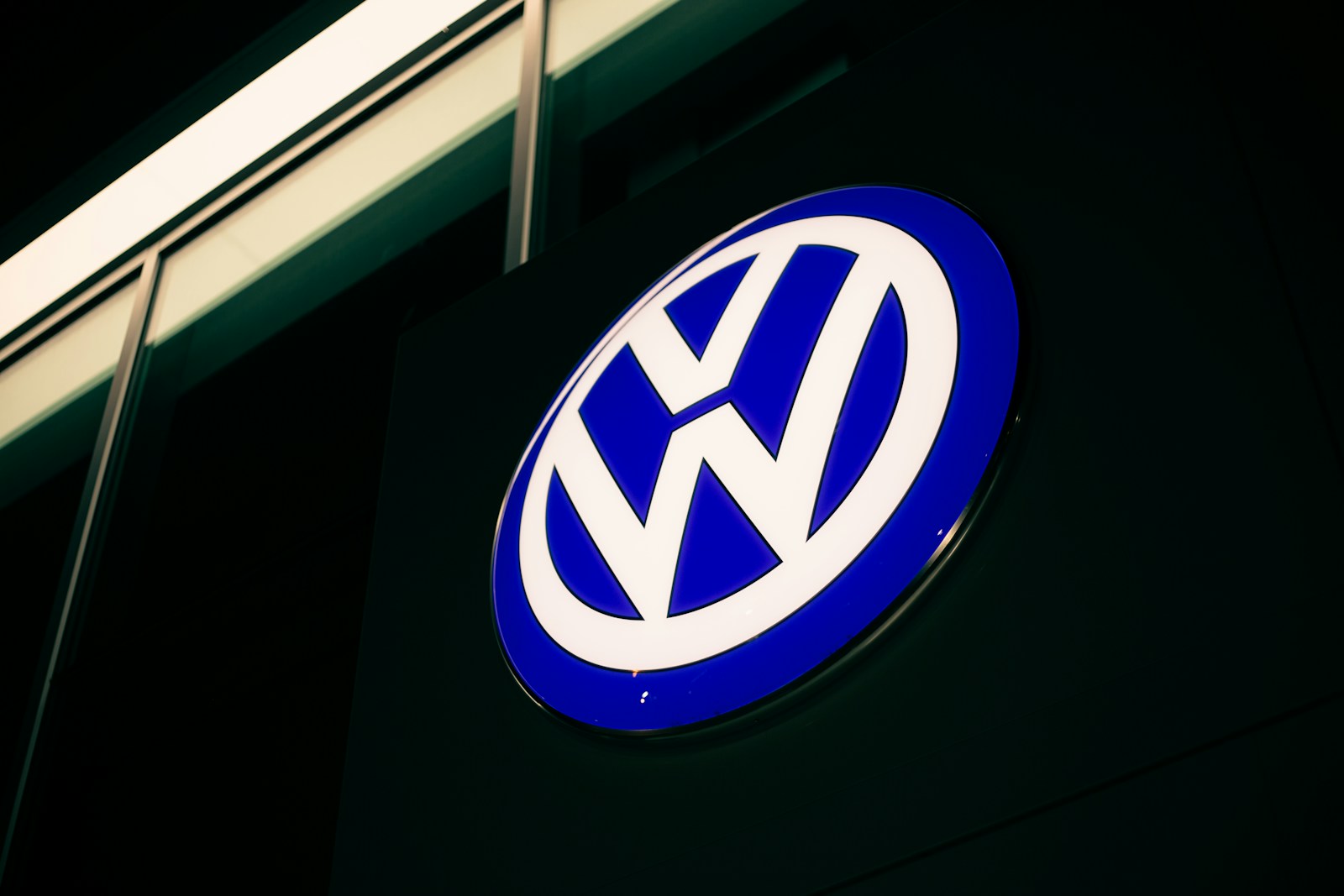Key Takeaways:
– Volkswagen (VW) is facing financial difficulties and may close factories in Germany.
– The automaker has sold a plant and two test tracks in China due to “economic reasons.”
– VW has extended and expanded their partnership with Chinese company SAIC through 2040.
– Although the company’s works council suggests layoffs could be avoided by wage cuts, the VW CEO foresees layoffs as inevitable.
– VW will navigate rising costs, increasing competition, and shrinking sales, likely necessitating additional plant closures.
Volkswagen Navigates Financial Headwinds
In an attempt to realign its business operations, Volkswagen (VW), is making significant decisions to cope with substantial economic challenges. The company is exploring cost-cutting measures, including the unprecedented move of closing factories in its home country, Germany. These economic implications have already begun to influence VW’s businesses outside Germany.
Volkswagen-China Partnerships
As a part of attempts to streamline operations, VW disclosed that it would sell a factory and two test tracks in China. This factory is operated as a joint venture with the Chinese firm SAIC in the Xinjiang region. The proposed sale comes amidst years of external pressure on VW to withdraw from this area. Nonprofit organizations suggest that human rights violations, including alleged forced labor of the local Uyghur population, are rampant in this region. Both VW and Beijing, however, deny these allegations vehemently.
Despite the sale of the Xinjiang plant, VW remains committed to its alliance with SAIC. The automaker announced an expansion of its partnership with the Chinese firm by extending their agreement through 2040. They also committed to introducing 18 new models by 2030. The initial two models, both electric vehicles, are due to hit the market in 2026.
Potential Closures and Layoffs in Germany
Earlier this week, VW Brand CEO Thomas Schafer expressed his doubts about the firm achieving its goals without closing at least one factory in Germany. He also predicted that layoffs are likely to occur, despite the opposing view of the company’s works council. The council believes that wage cuts could prevent these layoffs.
The Road Ahead for Volkswagen
The journey ahead appears challenging for Volkswagen as it grapples with increasing costs, surging competition, and declining sales in some crucial markets. While the present trajectory does not suggest a favorable outcome, the firm can steer in the right direction with strategic moves. These could possibly involve further plant closures in the future.
Volkswagen’s decision to streamline operations and cut costs demonstrate the automaker’s attempt to solidify its position amidst economic unrest. By prioritizing strategic partnerships and the development of new models, the company underscores a commitment to adapt and grow. This dynamic approach may serve as a mitigation strategy against increasing economic hurdles and strengthen its position in the fiercely competitive automotive industry. As Volkswagen navigates this challenging period, it will continue to shape the industry’s future in significant ways.
